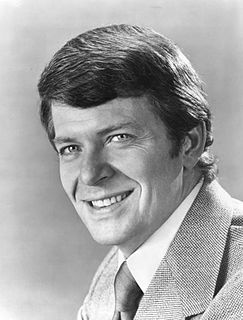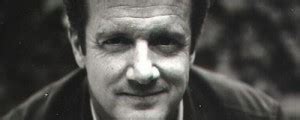A Quote by Frederick Lenz
In reading, in literature and poetry, I found an artistic freedom that I didn't see at Woolworth's. I would read everything from Shakespeare to science fiction ... sometimes a book a day.
Related Quotes
I didn't ever consider poetry the province exclusively of English and American literature and I discovered a great amount in reading Polish poetry and other Eastern European poetry and reading Russian poetry and reading Latin American and Spanish poetry and I've always found models in those other poetries of poets who could help me on my path.
I suppose that literature as it is won't die, science fiction included. But games are becoming an extremely important part of the science fiction world, including games that are adapted from books (or vice versa: books that are adapted from games). It's wonderful to have the opportunity to play and see your favorite characters on the screen, but the opportunity to read a book does not become less attractive.
I probably spend more time writing than reading science fiction. I find that science-fiction literature is so reactive to all the literature that's gone before that it's sort of like a fractal. It's gone to a level of detail that the average person could not possibly follow unless you're a fan. It iterates upon many prior generations of iterations.
Science fiction is the most important literature in the history of the world, because it's the history of ideas, the history of our civilization birthing itself. ...Science fiction is central to everything we've ever done, and people who make fun of science fiction writers don't know what they're talking about.


































